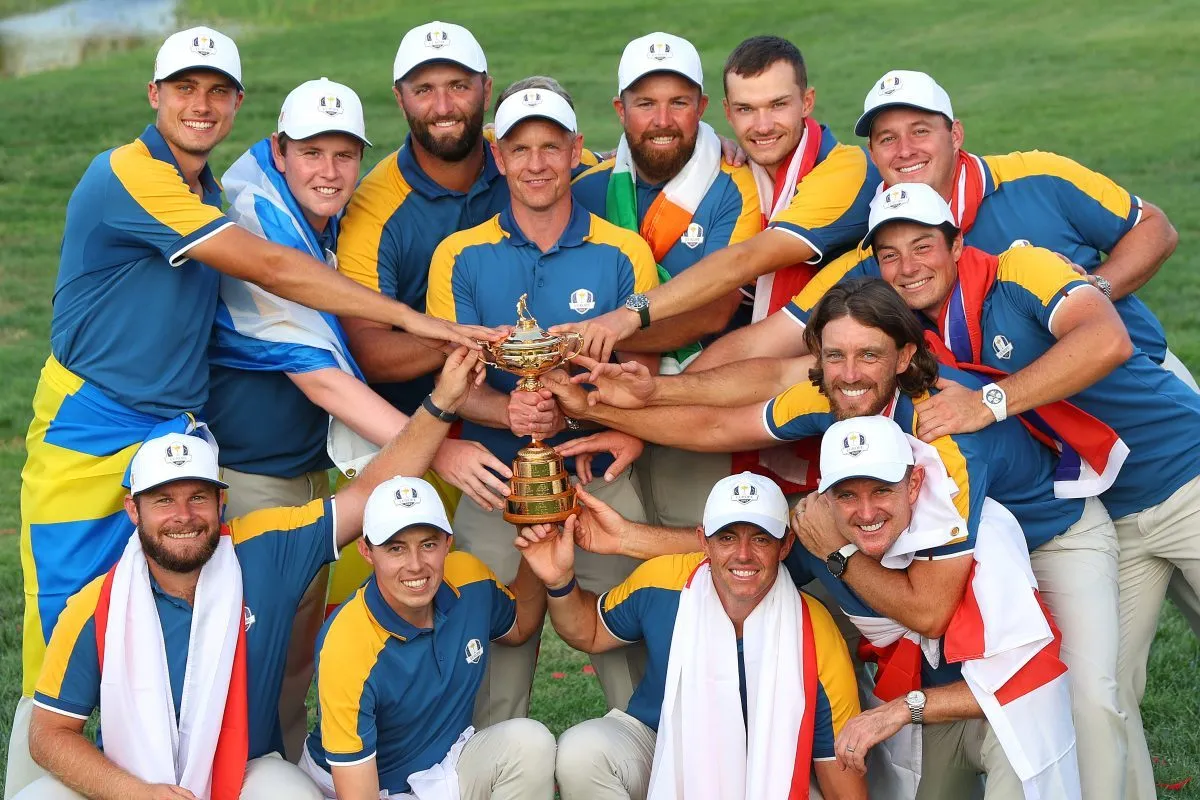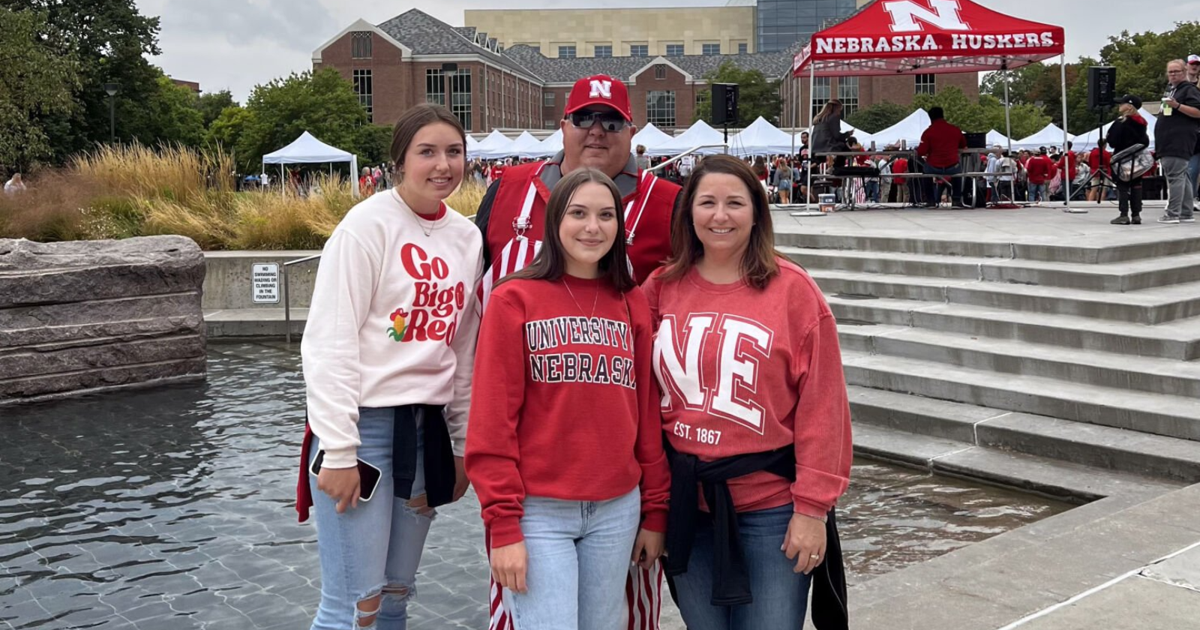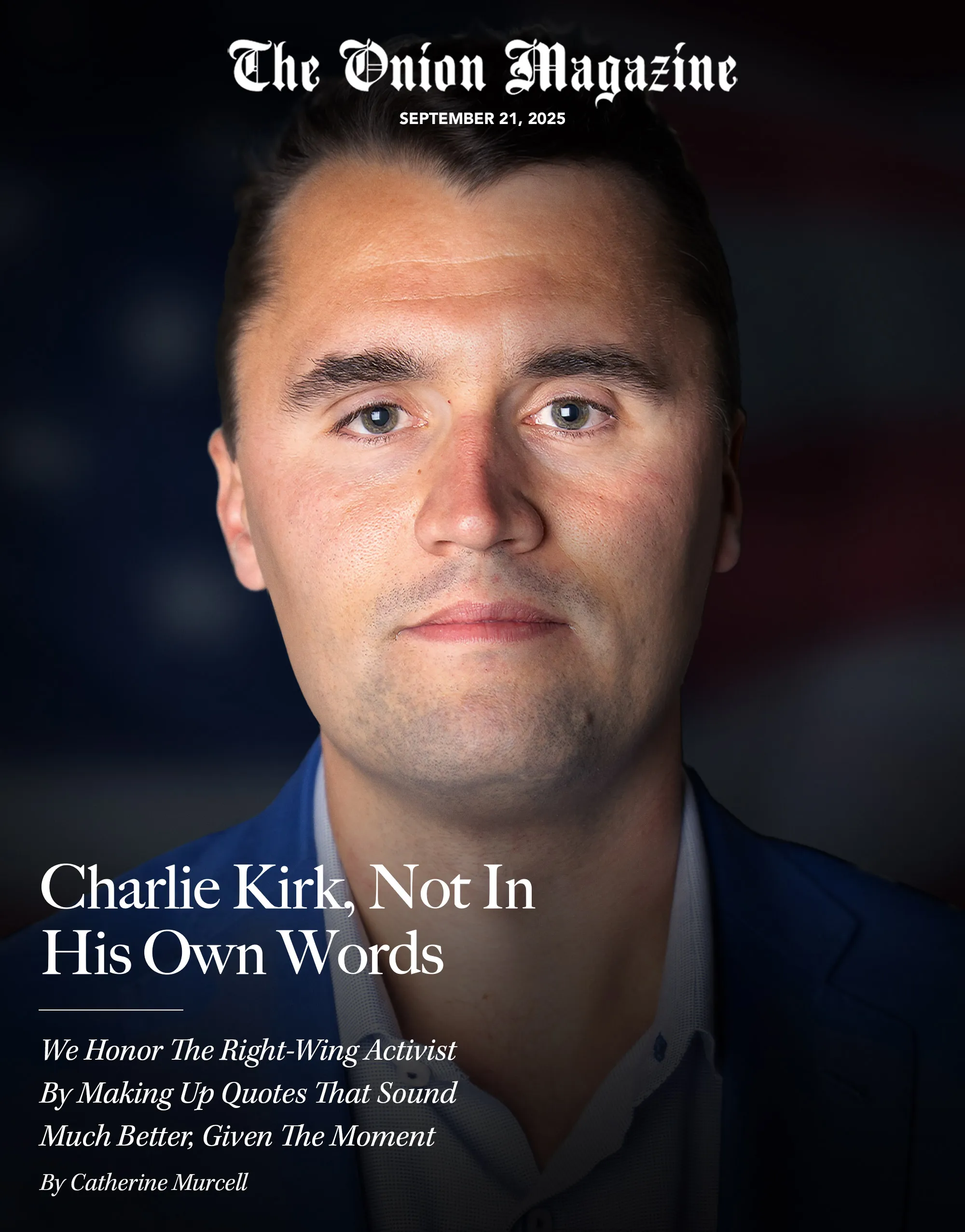By Frank Dalleres,National Club Golfer
Copyright cityam

Nine in 10 golf fans believe the Ryder Cup should be added to the UK’s so-called crown jewels of sports broadcasting and made available on free-to-air TV.
Sky Sports has held the exclusive live rights to the biennial golf contest between Europe and the US for the last 30 years, during which the event has mushroomed in popularity.
Fans wanting access to live footage of Europe’s defence at Bethpage, New York, next week will therefore have to pay at least £35 for access to Sky’s coverage.
The BBC will show daily late-night highlights but a survey by National Club Golfer found that 89 per cent of respondents feel that it should not be behind a paywall at all.
Sports events deemed Category A crown jewels must be made available for live coverage by free-to-air broadcasters according to the Broadcasting Act 1996.
They include the Olympic Games, football World Cups and European Championships, the Grand National and the Derby, and the finals of Wimbledon and Rugby World Cups.
The Ryder Cup is a Category B event, meaning that they can be shown behind a paywall provided there is sufficient free-to-air highlights or delayed coverage.
How to watch 2025 Ryder Cup in UK
Other sporting occasions on the B list include the Open Championship, home Test matches, the Six Nations and the World Athletics Championship.
The crown jewels are monitored by watchdog Ofcom and have been revised several times, most recently in 2020, when the Paralympics and Fifa Women’s World Cup were added to Category A.
Subscriptions to Sky Sports start at £35 a month, although those who do not want a long-term contract can watch the Ryder Cup via Now TV, which costs £35 for a month or £15 a day.
Day tickets for this month’s Ryder Cup cost $750, a 400 per cent increase on the last US edition in 2021, when the hosts trounced Europe at Whistling Straits.
The survey found that 86 per cent do not believe the prices represent value for money, while 93 per cent say the event should not be taken outside of Europe or the US.
Three-quarters of respondents opposed innovations such as mixed-gender matches, shorter contests or celebrity involvement, with only 10 per cent in favour.



